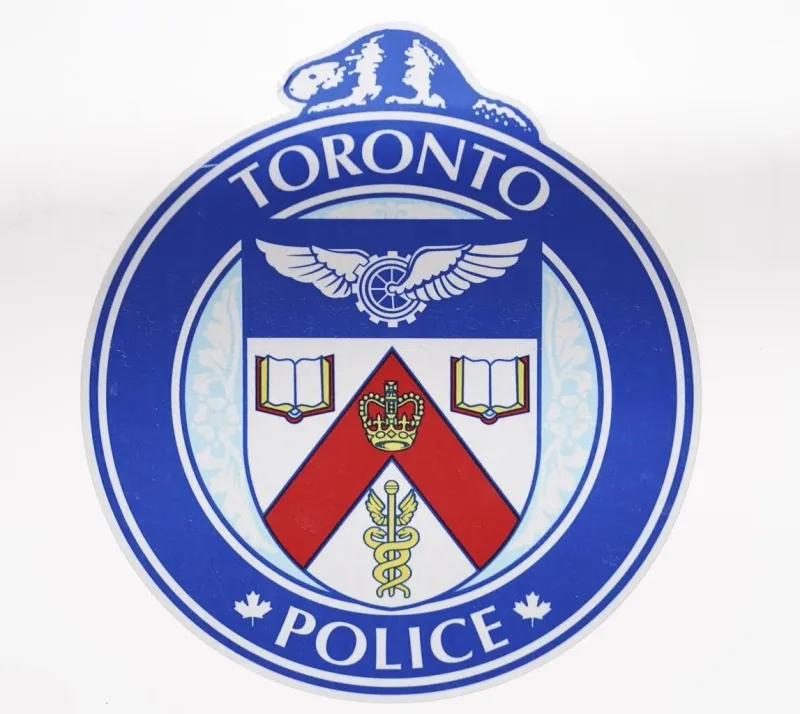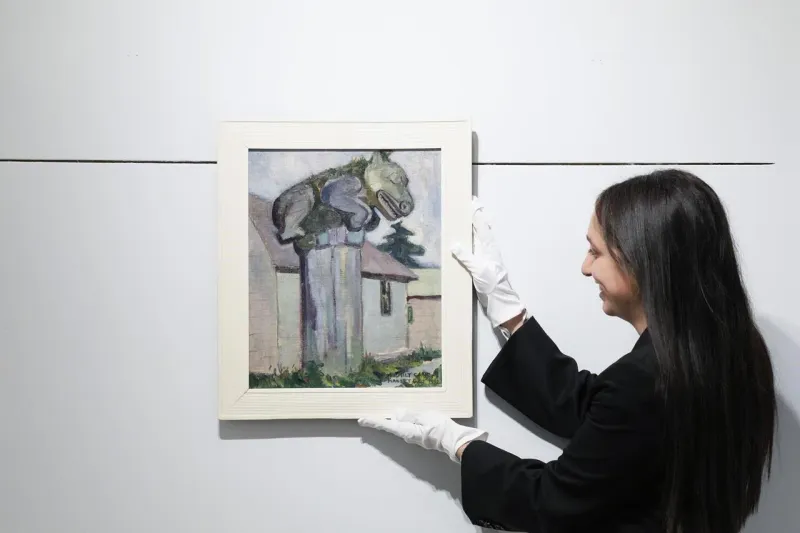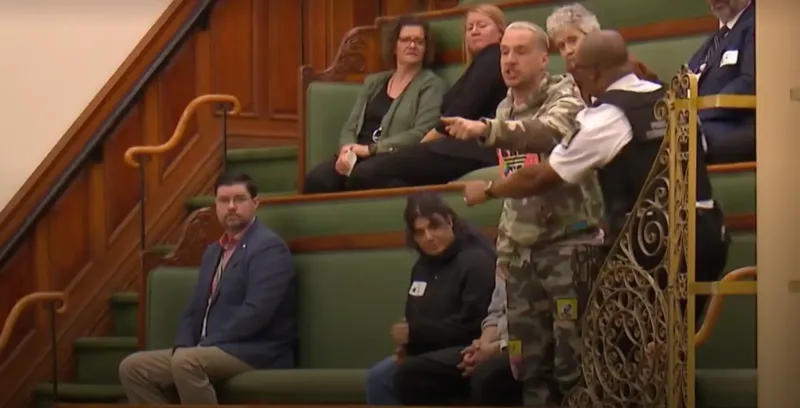Charges of Misconduct Against Officers in Tess Richey Case Dropped
Richey's body was eventually found by her mother and Ann Brazeau, a nurse she had enlisted to assist in the search.

Seven years after Tess Richey's mother discovered her body near a location where two Toronto police constables had been called days earlier, misconduct charges against the officers have been dropped.
At a police tribunal hearing on Monday, prosecutor Mattison Chinneck, representing the Toronto Police Service, announced that the charges against Constables Alan McCullough and Michael Jones would be dropped in favor of "a restorative approach via discipline at the unit level."
According to Chinneck, the officers have agreed to take responsibility for their actions. They will contribute to enhancing police service training on missing persons by sharing their experiences and the lessons learned from the case with new recruits.
Additionally, both officers will face a deduction of 40 days' pay.
Richey's body was discovered on November 29, 2017, four days after the 22-year-old disappeared during a night out in downtown Toronto. Kalen Schlatter, who was 21 at the time, was convicted of first-degree murder in her death in 2020.
On November 26, McCullough and Jones were dispatched to a location just 40 meters from the stairwell where Richey’s body was eventually found. The tribunal documents do not specify who called the officers, only that it was related to a missing person.
Richey's body was eventually found by her mother and Ann Brazeau, a nurse she had enlisted to assist in the search.
The police investigation into the conduct of McCullough and Jones alleged that they failed to conduct a thorough search for the victim.
The tribunal, which addresses serious breaches of the police code of conduct and the Police Services Act, had issued a notice of hearing in 2018, citing deficiencies such as not searching the adjoining property or immediate area, failing to canvass neighbors, and not informing a supervisory officer of all relevant details.
Richey's case garnered significant attention when her mother traveled from North Bay, Ont., to Toronto to search for her, leading to heavy criticism of the police for their failure to find her body. The police acknowledged strained relations with the Church and Wellesley neighborhood following a series of disappearances in 2017.
According to the hearing notice, the officers had received a radio call on the afternoon of November 26 to check an address related to the case. Although they identified the location as Richey's "last known whereabouts," they did not find her body.
Three days later, Richey’s body was found in an outdoor stairwell at a building undergoing renovation on Church Street. Initially, police did not suspect foul play, but an autopsy later revealed she had been strangled.

The Crown alleged that Schlatter sexually assaulted and then killed Richey in the stairwell after she refused his advances. Although Schlatter and Richey had been at the same drag bar the night of her disappearance, they did not interact until later, after they were both outside.
During his trial, it was revealed that while in detention, Schlatter shared details of the events from that night with his cellmate, identified as E.S. under a publication ban.
E.S. reported that Schlatter described being sexually aroused and wanting to continue, while Richey wanted to stop. "He tied a scarf around her neck. She was on the ground and it excited him. He was past the point of no control," E.S. recounted Schlatter saying.
E.S. also stated that Schlatter told him Richey was dead when he removed the scarf. Schlatter was sentenced to life in prison with no chance of parole for 25 years.
Schlatter appealed his conviction, but the appeal was denied in January.






